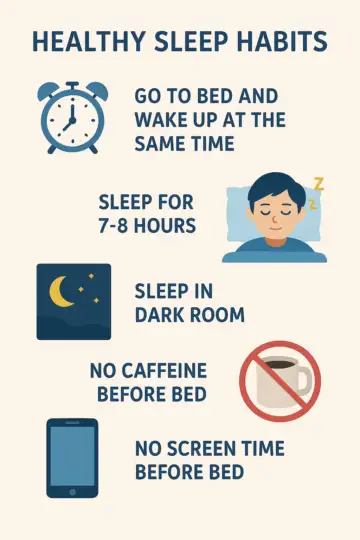Sleep is one of the fundamental pillars of wellness. Good health goes beyond just exercise and diet. Your sleep habits also play a role in keeping you healthy.
Poor sleep affects major organs, making it vital to get adequate rest every night.
To understand how sleep is a non-negotiable essential for heart health, HT Lifestyle reached out to Dr Rajesh Matta, consultant interventional cardiologist at Apollo Hospitals, Navi Mumbai. He too confirmed that sleep, particularly for cardiovascular health, is as important as diet and exercise.
Why is sleep essential for heart health?
So what happens to your heart when you are sleeping? The cardiologist pointed out a process called ‘nocturnal dipping’, which is beneficial for cardiovascular health.
Describing the process, he said, “During deep sleep, your blood pressure drops by 10-20%, giving your heart and blood vessels crucial recovery time. This ‘nocturnal dipping’ is essential for cardiovascular repair.”
One of the common mistakes people make is staying up late. While occasionally, it is normal, consistently going to bed late can disrupt your body’s internal clock.
The cardiologist further elaborated the ill effects of poor sleep on the heart: “When you consistently get poor or insufficient sleep, your body remains in a state of stress, keeping blood pressure elevated, increasing inflammation, and disrupting metabolic processes that regulate blood sugar and cholesterol.”
As per Dr Matta, quality sleep is a ‘cardiac medicine.’ It means that sleep can act as a natural treatment and preventive measure for cardiovascular health.
4 simple sleep habits
 Are you sure your sleeping habits are healthy? If your sleep quality is poor, consider paying closer attention to the pre-bedtime routine. Many stimuli can affect how well you rest.
Are you sure your sleeping habits are healthy? If your sleep quality is poor, consider paying closer attention to the pre-bedtime routine. Many stimuli can affect how well you rest.
Dr Rajesh Matta listed out these 4 habits which help you sleep better:
1. Consistent bed and wake-up time
- Go to bed and wake up at the same time every day, even on weekends, because the cardiovascular system thrives on rhythm.
- Aim for 7-8 hours of sleep.
2. Comfortable sleep ambience
- Create a cool, dark sleeping environment.
- The bedroom should be around 18-20°C for optimal sleep.
3. No caffeine before bed
- Avoid caffeine after 2 PM and heavy meals within three hours of bedtime.
- They both interfere with sleep quality and put unnecessary strain on your heart during rest hours.
4. No screen time before bed
- Stop screen time at least 30 minutes before bed.
- The blue light disrupts melatonin production.
